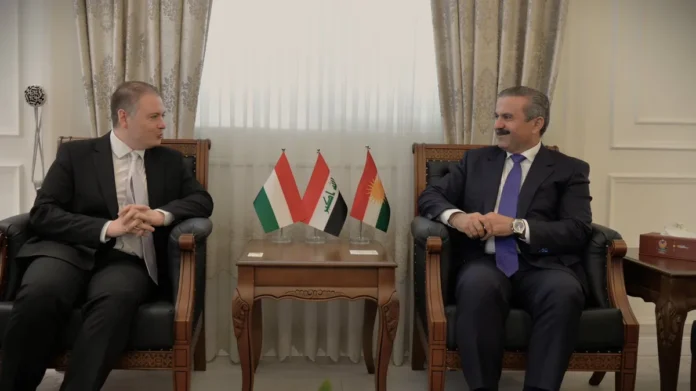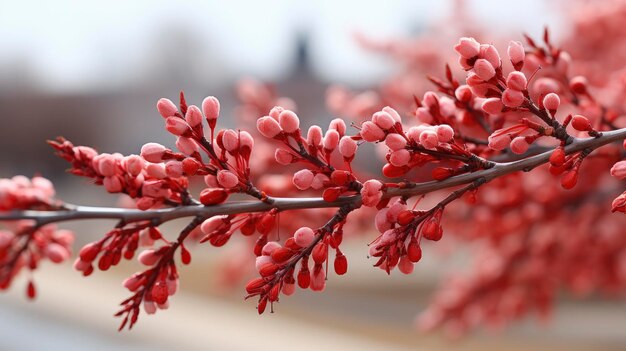Tomato production in Soran has grown to a large scale this year. Farmers planted more than 8,000 dunams of farmland with tomatoes. Every day, they sell around 600 tons of produce to markets. However, weak enforcement of the agricultural calendar continues to harm local farmers.
The focus key phrase tomato production in Soran shows the importance of this sector. Farmers depend on the crop for income, but cheap imports from abroad lower prices in the Kurdistan Region.
Farmer Diyar Shekho explained the problem clearly. He planted 20 acres with tomatoes but cannot cover costs. He receives low prices because tomatoes from Iran continue to enter Iraq. These imports reduce demand for local harvests and create major losses.
The Kurdistan Regional Government (KRG) has tried to protect local products. For two years, it has worked with Baghdad to apply one agricultural calendar. The aim is to block imports during local harvests. Yet, the federal government does not apply the same rules.
Kamran Hussein, Director General of Agriculture in Soran, confirmed the issue. He said the KRG follows the agricultural calendar, but Baghdad does not always enforce it. This creates overlap with tomato harvests in central and southern Iraq.
According to KRG rules, tomato imports must stop between June 1 and November 1. This policy is designed to protect farmers during the harvest. Still, weak enforcement allows imports to pass through border gates. This damages local markets in Soran.
Tomatoes remain one of the most important crops in the region. Farmers produce at scale, but inconsistent government policy threatens the future of their work.
The future of tomato production in Soran depends on stronger cooperation between Erbil and Baghdad. Farmers need reliable enforcement of the calendar to protect their crops. Without fair rules, local agriculture will continue to face unfair pressure from imports.


